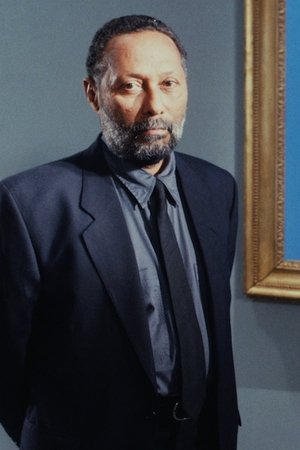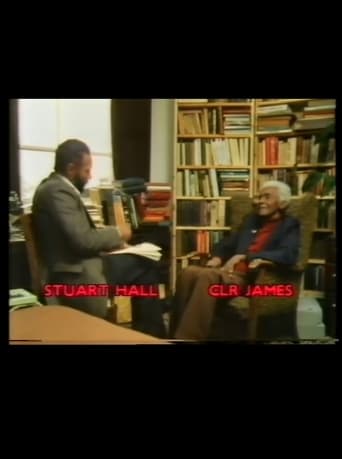
Stuart Hall
Birthday: 1932-02-03
Place of Birth: Kingston, Jamaica
Synopsis
Stuart Henry McPhail Hall (3 February 1932 – 10 February 2014) was a Jamaican-born British Marxist sociologist, cultural theorist, and political activist. In the 1950s Hall was a founder of the influential New Left Review. At Hoggart's invitation, he joined the Centre for Contemporary Cultural Studies (CCCS) at Birmingham University in 1964. Hall took over from Hoggart as acting director of the CCCS in 1968, became its director in 1972, and remained there until 1979.[3] While at the centre, Hall is credited with playing a role in expanding the scope of cultural studies to deal with race and gender, and with helping to incorporate new ideas derived from the work of French theorists such as Michel Foucault.
Hall left the centre in 1979 to become a professor of sociology at the Open University. He was President of the British Sociological Association from 1995 to 1997. He retired from the Open University in 1997. After his death in 2014, Stuart Hall was described as "one of the most influential intellectuals of the last sixty years".
Acting

White Riot
as Himself - Archival Material
Exploring how punk influenced politics in late-1970s Britain, when a group of artists united to take on the National Front, armed only with a fanzine and a love of music.

CLR James Talking to Stuart Hall
as Himself
Cyril Lionel Robert James (1901-1989) was a historian, journalist and contributor to Marxist thought. Stuart Hall was able to interview him for Channel 4 in the UK . The interview discusses his thoughts on revolution, socialism, and politics. His involvement in activism lasted decades. Born in Trinidad, much of his life was spent in the UK. C.R.L James became a teacher and notably taught Eric Williams. Williams went on to lead Trinidad and Tabago to independence. C.L.R. James also wrote fiction and about cricket. During his youth he did play the sport and wrote Beyond a Boundary (1963) describing cricket’s cultural significance. One of his favorite novels was Vanity Fair. This novel followed the lives of Becky Sharp and Amelia Sedley during the Napoleonic Wars. James was a figure in the Pan-African movement and the anti-colonial freedom struggle. What tends to be ignored is his concern about class exploitation.








